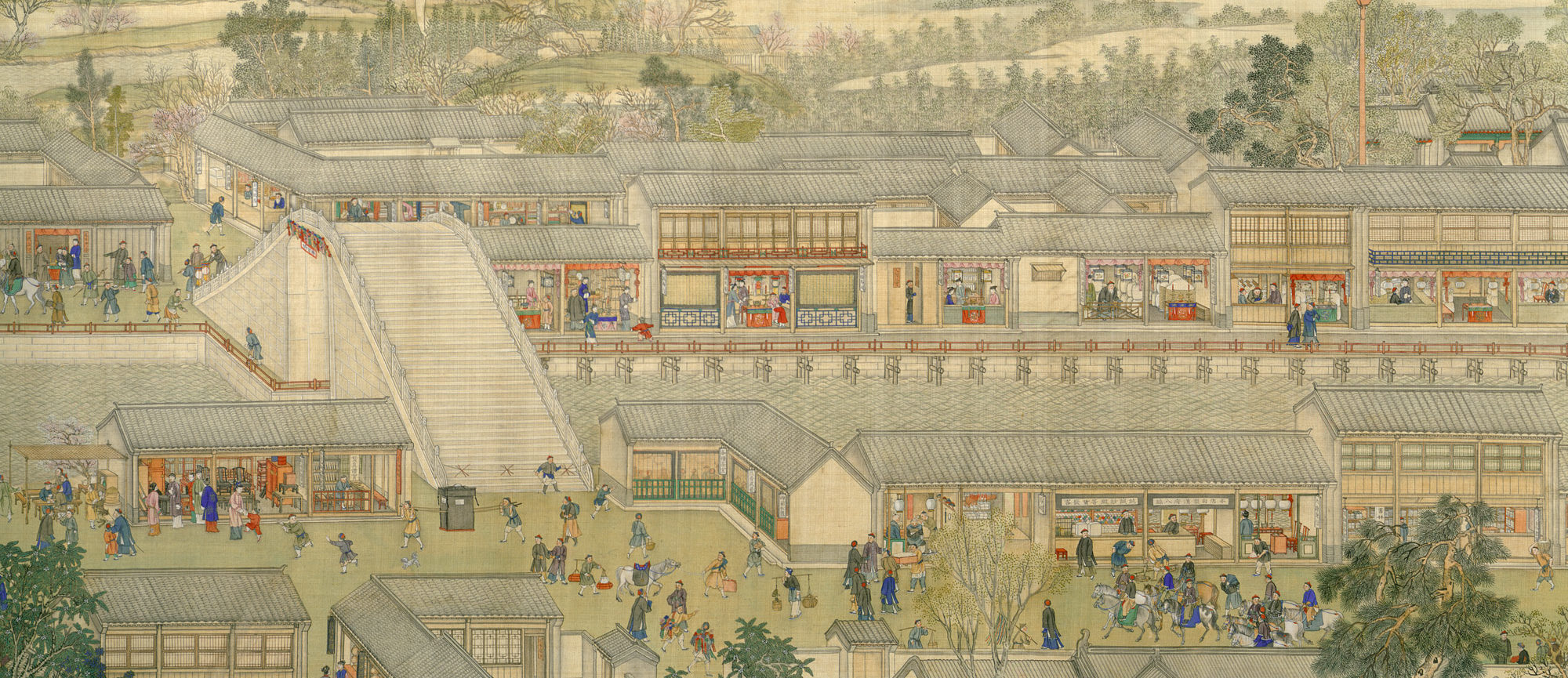A hilarious read from a Yankee publication that is suprised and flabbergasted at how China's "authoritarian regime" seems to be more democratic, enjoy more public support and deliver better results than the much vaunted "western style liberal democracies".
Here are some gems from this article:
"While analyzing the esric data, I found something very interesting and unexpected. [...] the majority of urban residents in October 1988 (54 percent) thought that market reform was going “too fast,” [...]. In the meantime, public demand for liberal democratic ideas such as freedom of speech and freedom of the press never surpassed 33 percent, even in May 1989.
[...] Putting these findings together, what the esric surveys reveal is that the Tiananmen Square protest was by nature an anti-reform movement when urban residents panicked about the negative consequences of marketization. In a miracle of miracles, if there were free elections, the conservative anti-reform candidates probably would have won, and China would have returned to the centrally planned system where urban residents enjoyed a cradle-to-grave social safety net. This paints a very different picture from the Western media’s coverage of the Tiananmen protest."
"One of the most consistent findings in the Chinese public opinion surveys is the high level of regime support. Chinese survey respondents have shown strong positive feelings toward their government no matter how survey questions are worded [...]. For example, [...] when respondents in different countries were asked how much confidence they had in their country’s political institutions, China stood out by showing the highest levels of institutional trust among the selected countries, including both new and established democracies. [...] Even after discounting for the political sensitivity effect, regime support in China is still among the highest in the world, higher than in many democracies."
"The third “surprise” in the Chinese public opinion surveys is the high level of interpersonal trust. [...] For example, 60 percent of the Chinese respondents [...] agreed that most people could be trusted, ranking the second highest in the world [...] and much higher than many democracies such as the United States, Taiwan, Japan, and South Korea, in which only some 30 percent of citizens expressed trust in each other. This finding is counterintuitive because it conflicts with the traditional theory of democracy, which tends to make interpersonal trust and social capital a precondition for the successful functioning of democracy.
[...] Instead, community-based trust turned out to be most closely related to general trust in China, and it has a positive effect on regime support in multivariate regression analysis when other factors are controlled. The abundance of social capital despite the lack of democracy seems to make China a significant outlier in the existing theory of civic culture and democracy."
"The fourth “surprise” in the Chinese public opinion surveys is the high level of political activism. [...] On the surface, political activism seems to contradict regime support, as the former brings out public political contention against the regime in the conventional belief. Yet, what is remarkable is that in survey data such as the Chinese General Social Survey, trusting the central government makes people protest more. In other words, central government supporters and the protestors are the same people."
"The fifth “surprise” is the high level of government responsiveness. For example, [...] in 2008, 78 percent of mainland Chinese respondents agreed that their government would respond to what people needed. In contrast, only 36 percent of Taiwanese respondents agreed with the same statement in the same survey. The percentages are even worse in other East Asian democracies that copied the Western liberal democratic system, including Japan (33%), the Philippines (33%), Mongolia (25%), and South Korea (21%).
[...] Existing studies typically attribute the high level of government support to three things: economic growth, media control, and cultural values. [...] Yet when these three factors are compared with government responsiveness in the same regression model, the latter continues to show the strongest impact in promoting regime support."
One of the most common challenges to the perceived high level of government responsiveness goes like this: the Chinese live in an unfree society so that they have extremely low expectations about what their government can do for them. [...] But this view needs to present real evidence that democratic citizens hold higher expectations of their governments than authoritarian citizens. In fact, the high level of public political activism discussed above suggests that Chinese citizens may have high expectations, and that they do not hesitate to challenge their government when they perceive any mistreatment by its officials.
[...] Another even more provocative explanation of the above finding is that the Chinese authoritarian government is actually more responsive to the public than a democratically elected government such as in Taiwan."
Huh, almost as if it is the PRC that is the real democracy...
And finally we have this recognition:
"The information explosion based on public opinion surveys in China in the past thirty years has left a few cracks in the empirical foundation of some of the classic theories of political science that were first developed in the West with limited firsthand evidence. [...] China stands out as an outlier and does not fit the theoretical predictions of Western political science.
[...] The problem of measurement error is not only limited to China. In fact, when comparing the subjective feelings in public opinion surveys with the “objective” measures of democracy in the rankings assigned by Polity and Freedom House, public opinions throughout the world show a negative correlation with the democracy rankings."
So China is not the only outlier? Hm...I wonder why it is that "western political science" fails so catastrophically when confronted with reality...
They can't even spin it negatively anymore they're just not saying the conclusion out loud
Author:
Wenfang Tang, Professor of Political Science, University of Iowa
Wenfang Tang is Professor of Political Science, Chair of Chinese Culture and Institutions, and Director of Undergraduate Studies at the University of Iowa




